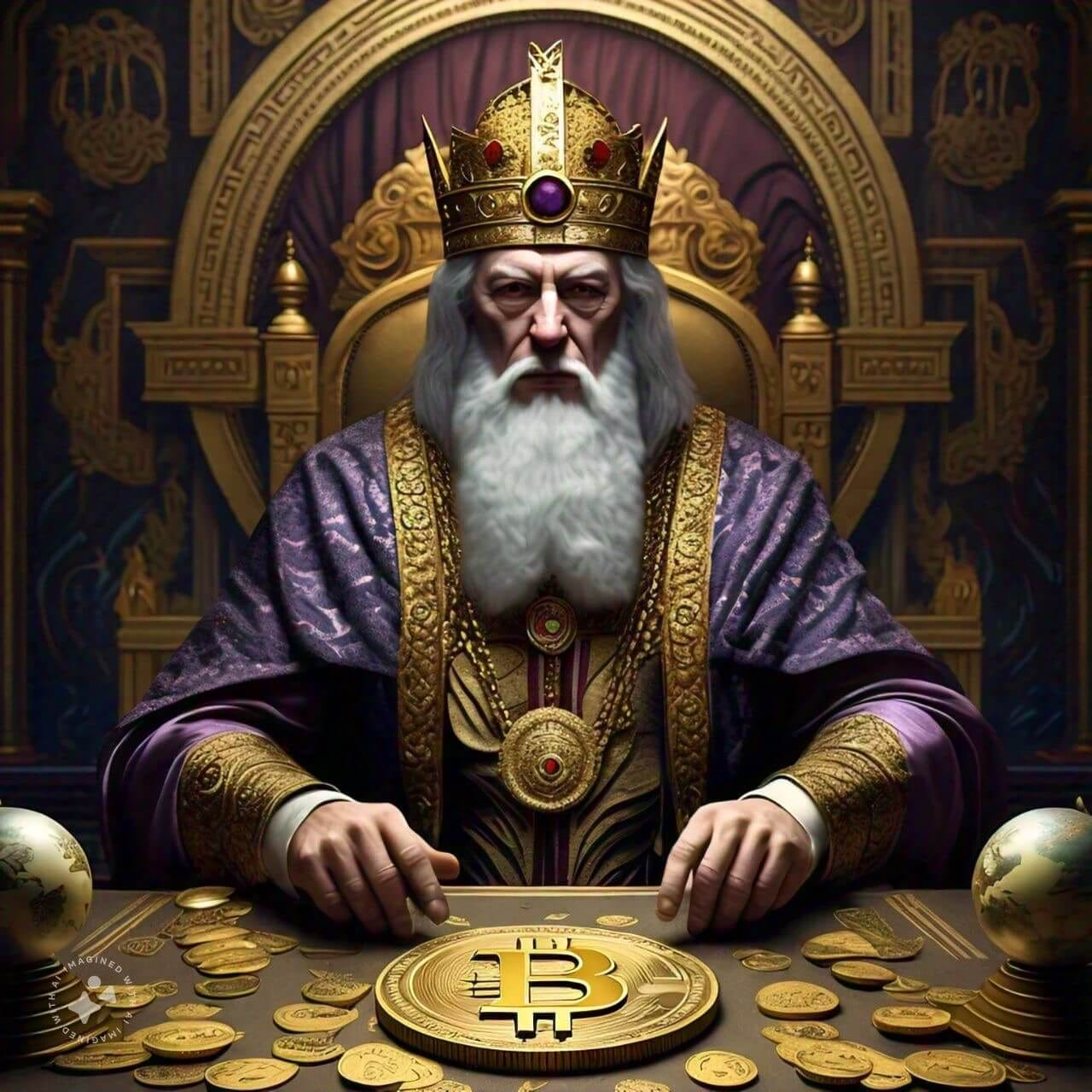Bitcoin is the most regulated asset in the world
Bitcoin is not an unregulated asset like most people think
What is a regulated asset and an unregulated asset? Before talking about regulated assets, we first need to understand assets. Why do we need an asset? We buy/invest in assets because we want to store our hard-earned money in an instrument so that we can protect ourselves against inflation.
If money doesn't inflate, we can save our earnings in cash and spend it in the future. Since we live in a debt-based monetary system that keeps expanding, money/cash loses value over time so we convert our excess earnings (savings) into investments (assets).
Gold is the oldest form of asset. Gold is an asset because it is durable and scarce. Copper is not a good asset because it is not that scarce. We used gold for savings/investment because for the past 100 years, gold has not increased in supply by more than 2% per year. It is difficult to mine gold (limited supply), it's pure, divisible, portable (to some extent), and durable.
Who regulates the gold market? No one. Nature regulates it. If some single party can issue tons of gold, then it will devalue the gold that everyone holds. It would devalue people's savings. Their time, energy, and effort that they have spent in creating products/services for other people.
Real estate is also regulated by the natural limitation of land. Real estate is only a utility, but it has gained a monetary premium because it's limited and people "invest" in land/houses to protect themselves and their family's future. There is only so much land, so again the scarcity function is what gives value to real estate.
People think Bitcoin is an unregulated asset. Bitcoin is the most regulated asset in the world. It has an absolute scarcity of only 21m coins. But this is not enforced by a CEO of Bitcoin. It is enforced through consensus. An agreement between all the participants of the network.
The blockchain is decentralized across 100s of thousands of computers around the world. Rules, not rulers regulate it. People who understand Bitcoin deeply know that it is one of the least risky assets in the world because more land can be made into houses, and more gold can be mined, but Bitcoin's total limit cannot be increased by any single party (no matter how powerful they are).
Now let's come to the stock market. Company XYZ has 1 million shares - the release of 500,000 shares in the public markets for people to invest in their company. The public now owns 50%.
Now a regulator has to make sure that the company doesn't issue an additional 1 million shares and dilute the value of the 500,000 shares in the public market. If the company does that, the public markets will have only 25% ownership of the company. Now this is regulated by rulers, not rules. And rulers can be corrupt. You have to trust the ruler.
So the risk is high in a regulated asset regulated by rulers. The risk is less in a regulated asset regulated by nature. The risk is the least when it comes to a regulated asset regulated by commonly agreed rules.


